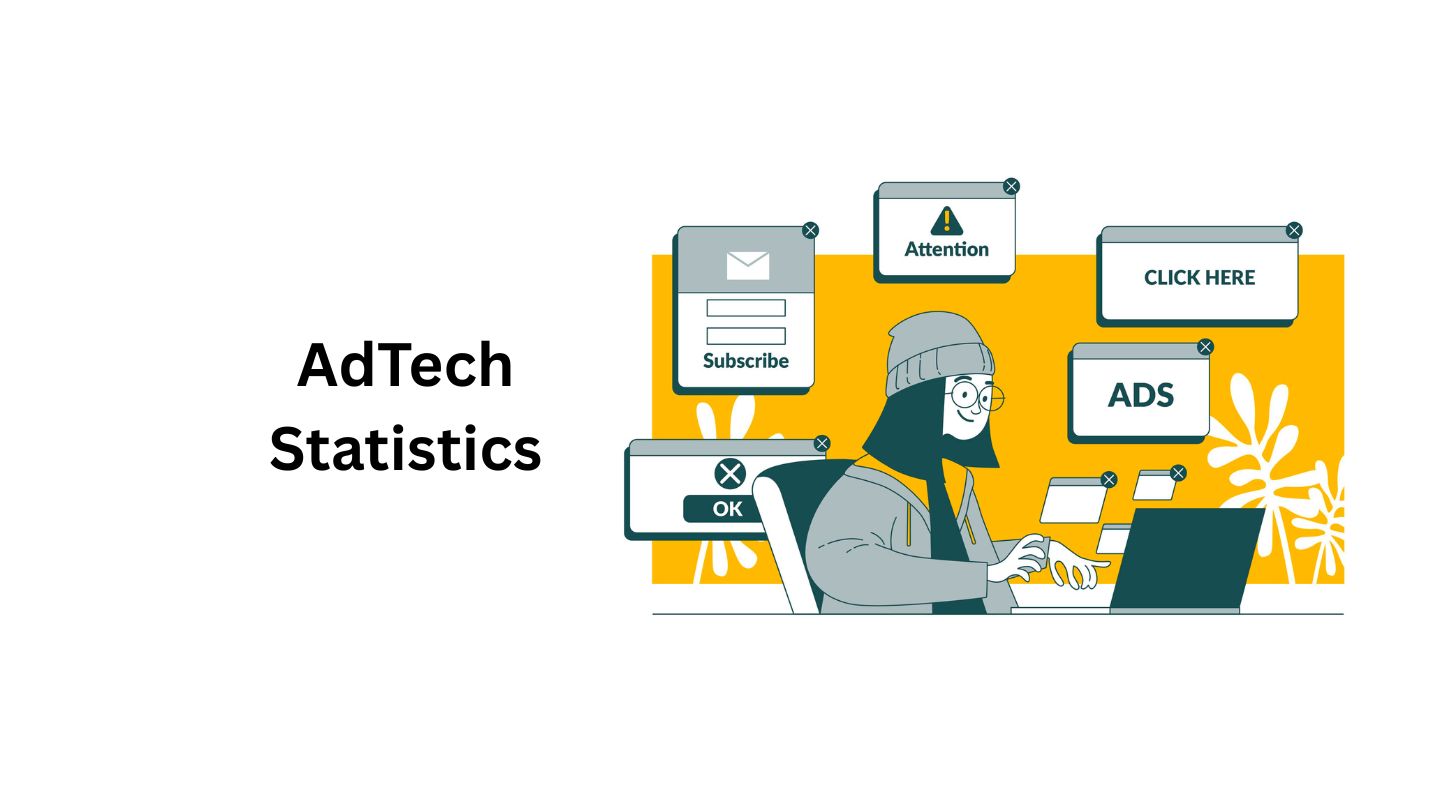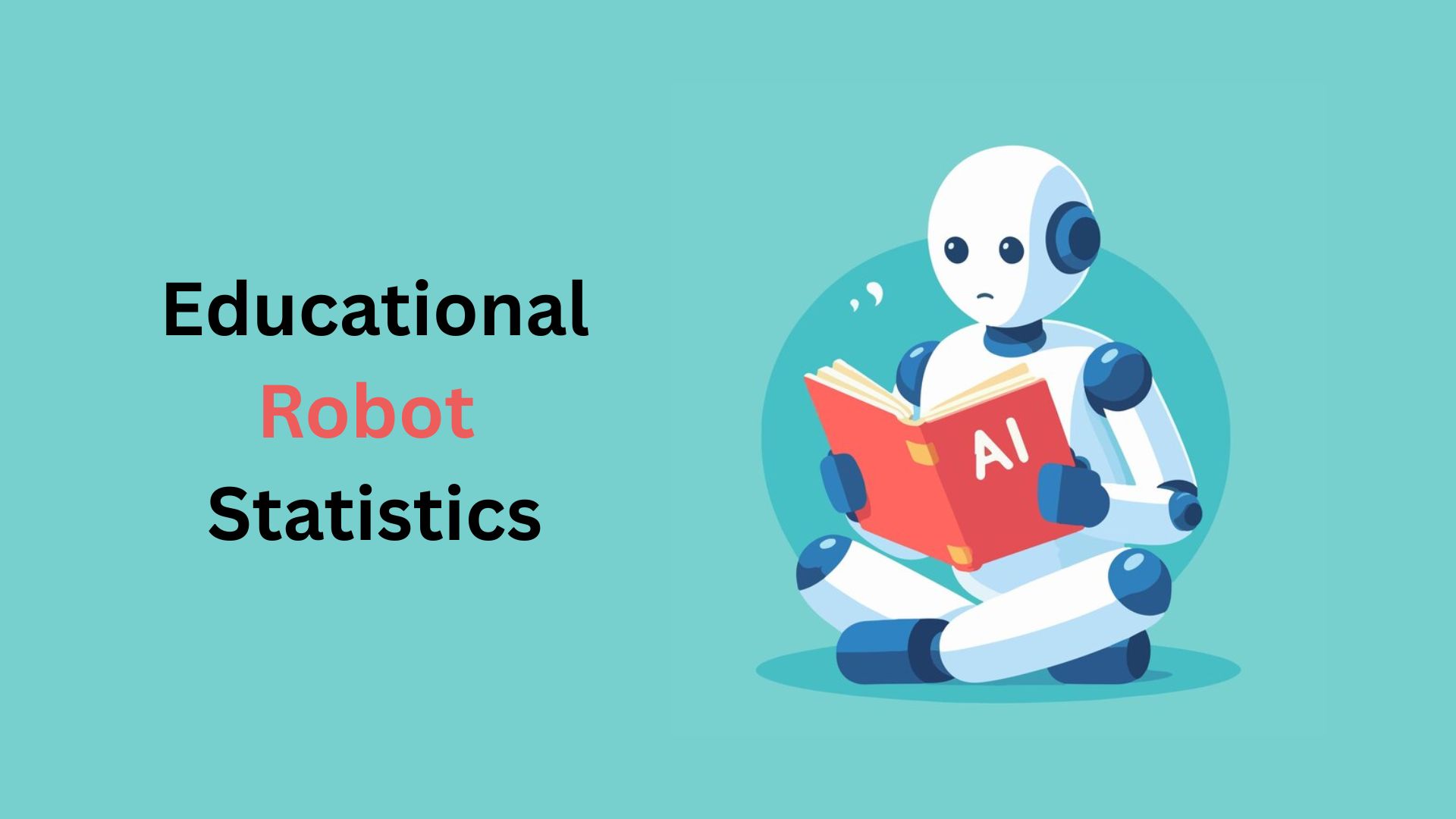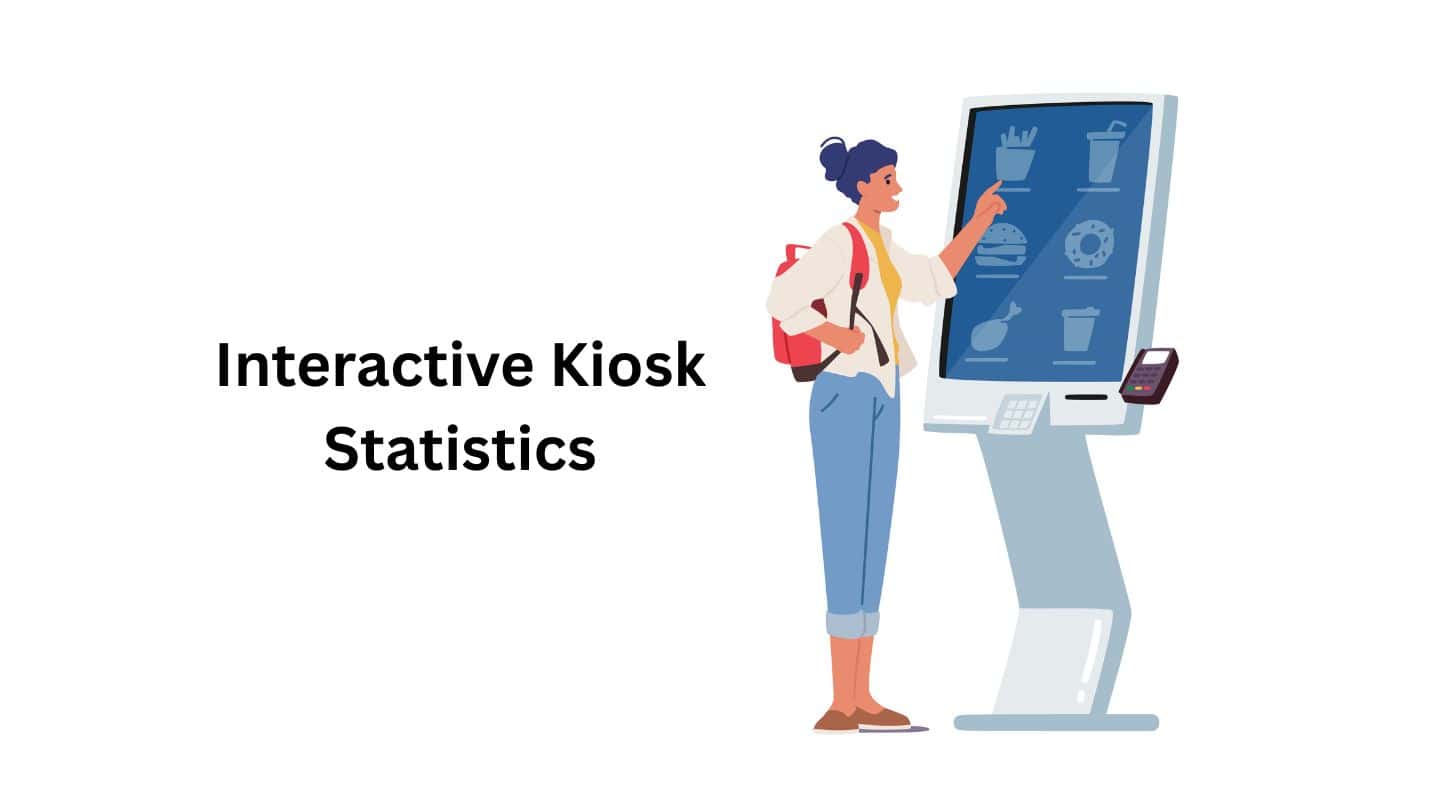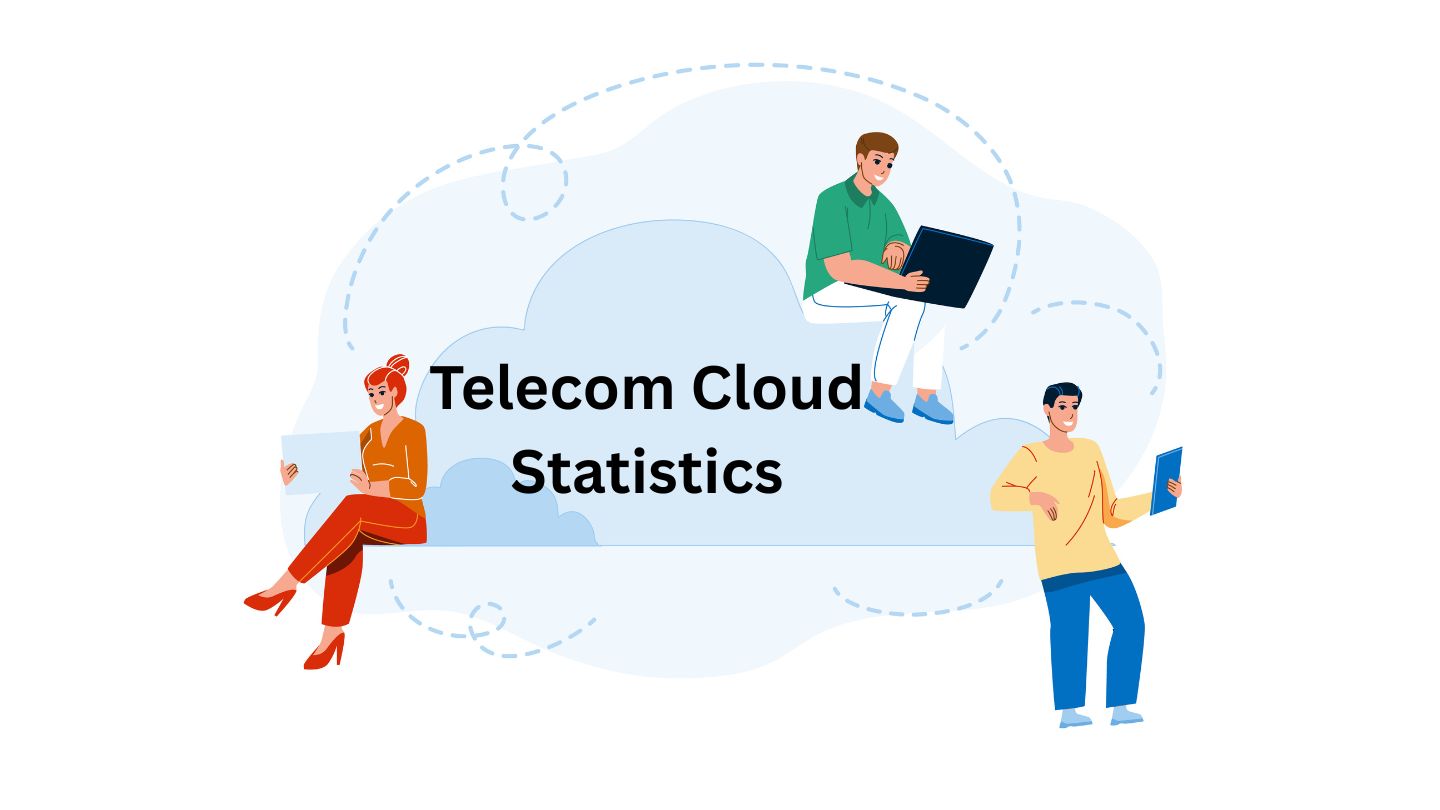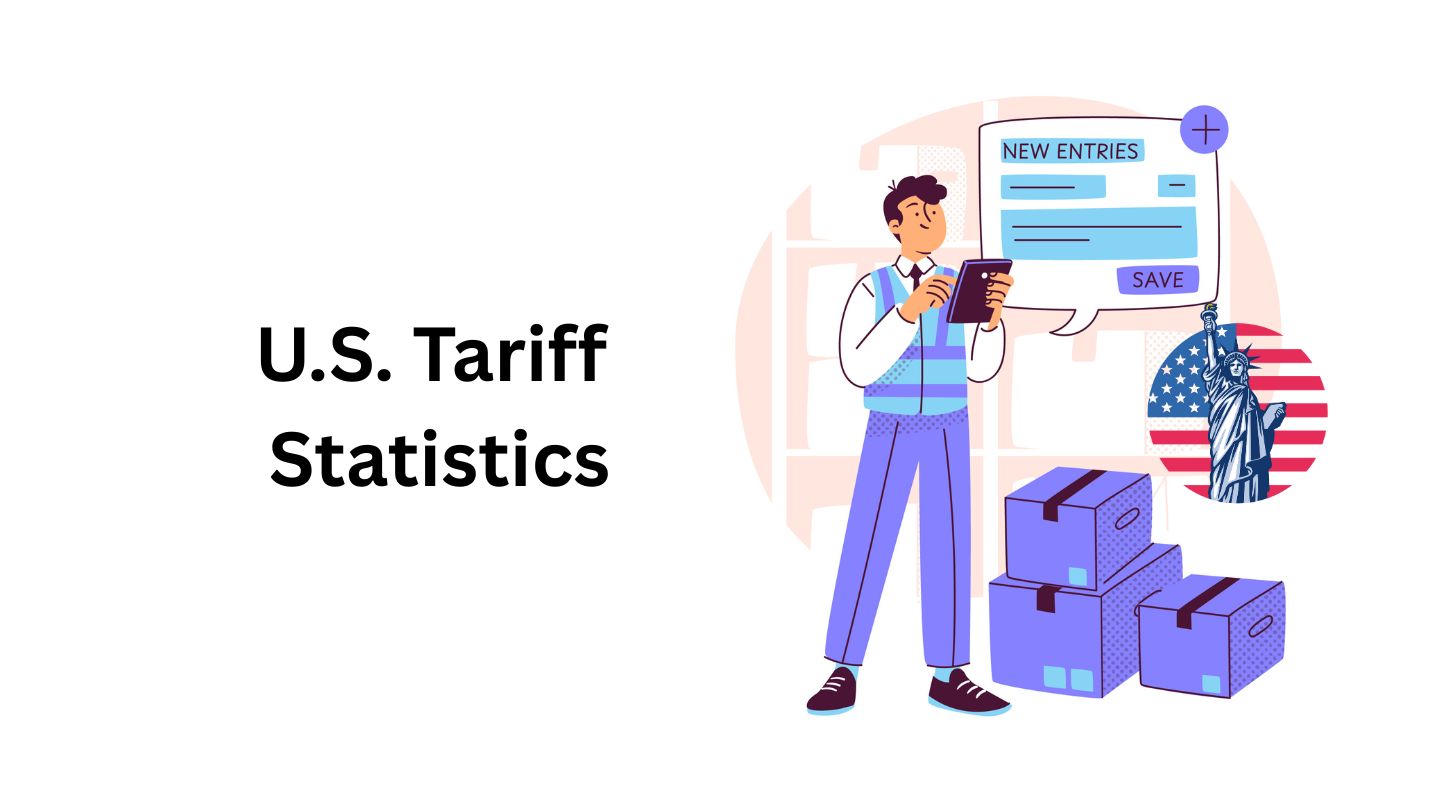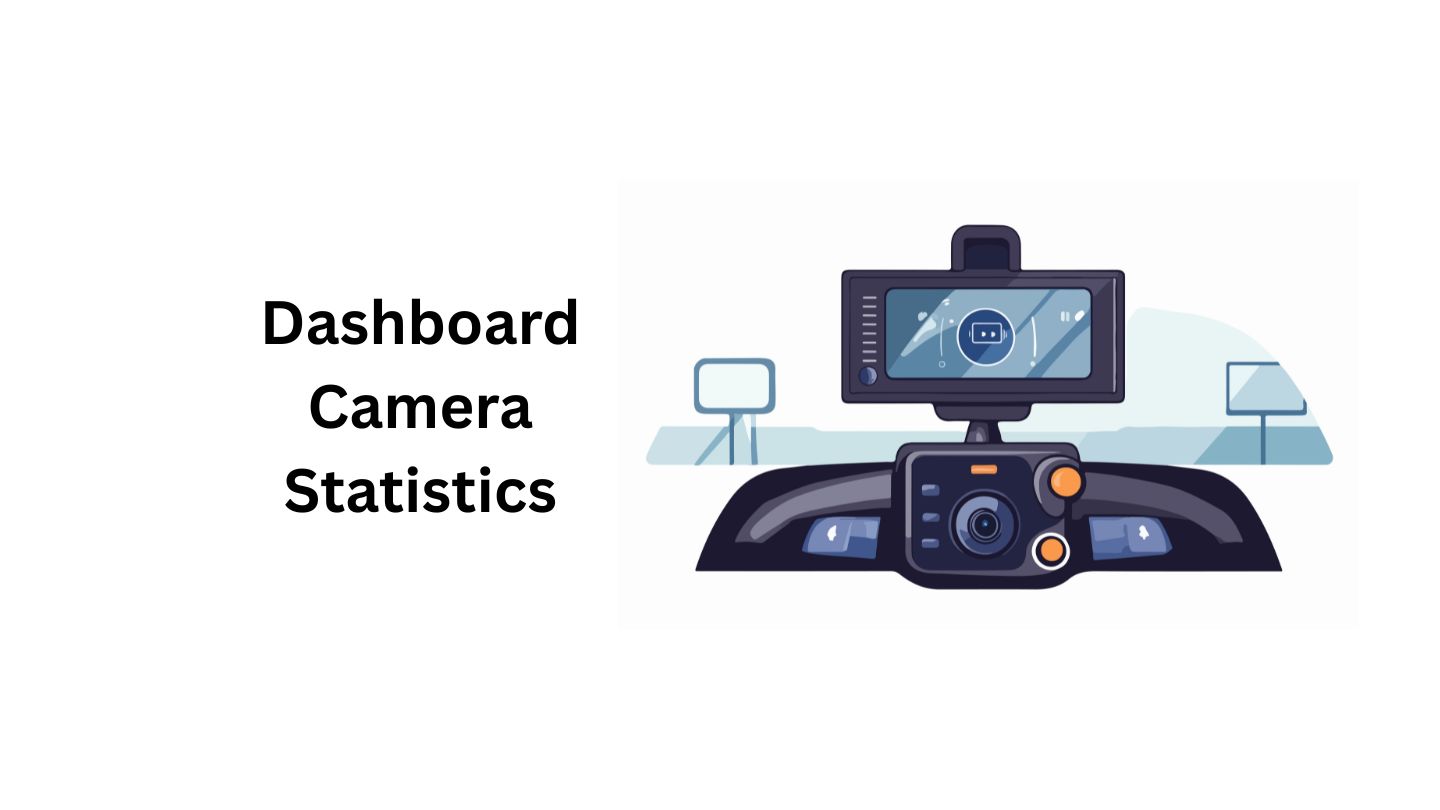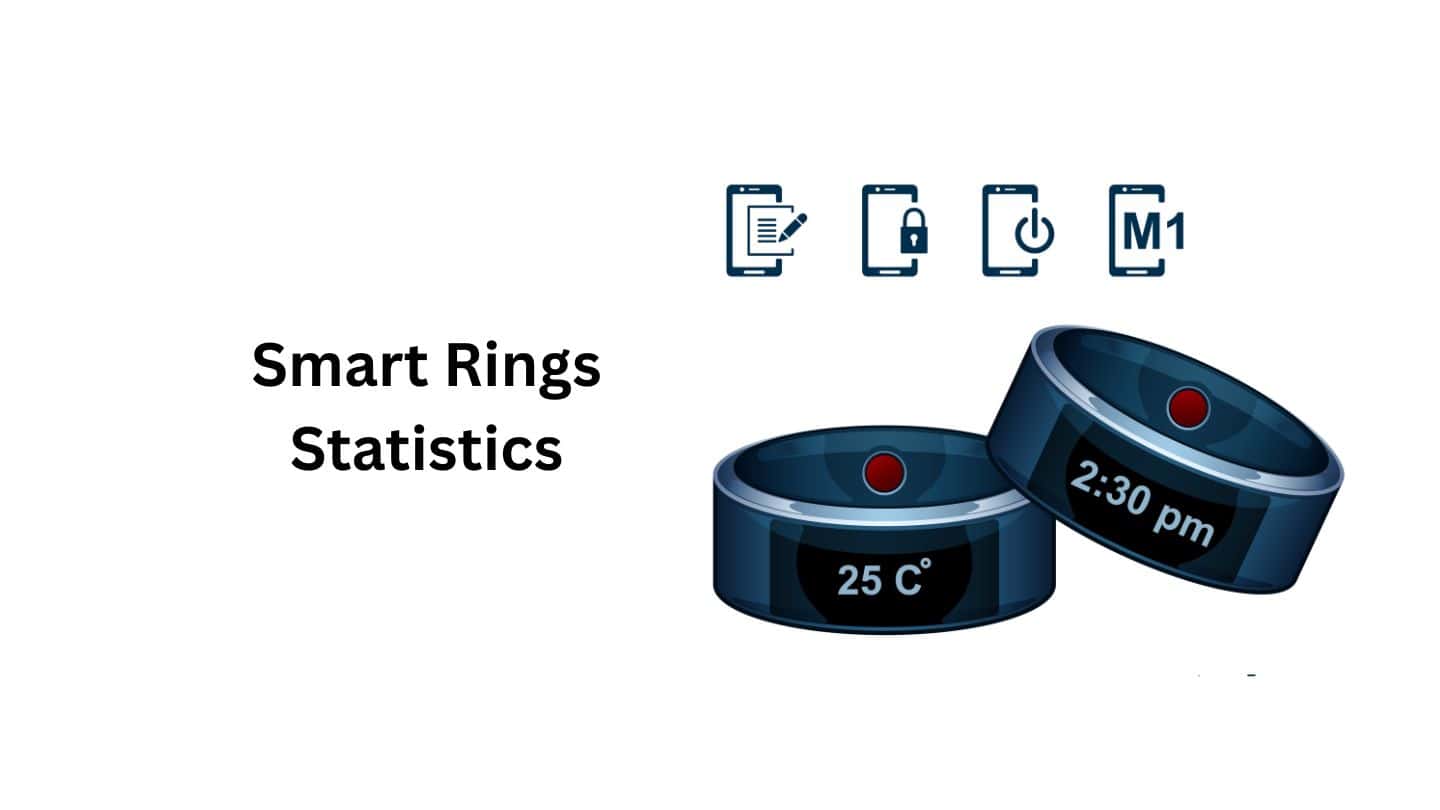Quantum Computing Statistics By Segment Revenue, Usage and Facts

Updated · Mar 04, 2025


TABLE OF CONTENTS
- Introduction
- Editor’s Choice
- General Quantum Computing Statistics
- Benefits of Quantum computing
- Quantum Computing Statistics by Segment Revenue
- Quantum Computing Statistics by Country and Region
- By Quantum Computing in Healthcare
- Recent Developments
- Quantum Computing Statistics by Best Stocks
- Statistics by the Company
- Quantum Computing Usage Statistics
- Top Trends of Quantum Computing
- Quantum Initiatives Worldwide 2024
- Challenges
- Conclusion
Introduction
Quantum Computing Statistics: Quantum computing is a new and exciting technology that is growing fast. Unlike regular computers, which use bits (0s and 1s), quantum computers use qubits, allowing them to solve complex problems much faster. Many big companies and researchers are working on making quantum computers more powerful and useful.
This article examines important statistics about quantum computing, including market growth, investment trends, and how different industries are using this technology. It also explores the number of quantum computers worldwide and expected future developments. As quantum computing continues to evolve, these statistics help us understand its impact on businesses, science, and everyday life.
Editor’s Choice
- The global quantum computing market is projected to reach USD 77.6 billion in 2024, up from USD 63.6 billion in 2023.
- The market is growing at a compound annual growth rate (CAGR) of 31.2% from 2024 to 2033.
- In 2024, quantum computing funding reached a record high of USD 1.5 billion.
- Amazon introduced its first quantum computing chip, Ocelot, designed to reduce error correction costs by up to 90%.
- Quantinuum estimated to be valued at USD 20 billion, positioning it as a leading player in the quantum computing industry.
- As of April 2024, quantum processors have achieved a quantum volume of 1,048,576, indicating significant improvements in computational capabilities.
- By 2040, quantum computing is expected to create economic value between USD 450 billion and USD 850 billion, supporting a market of USD 90 billion to USD 170 billion for hardware and software providers.
- Over 50 universities and research institutions globally will have dedicated quantum computing programs by 2024.
- More than 20 countries are expected to have established national quantum computing research centers by 2024.
- By 2025, the automotive sector is predicted to significantly benefit from advancements in quantum computing technologies.
- Quantum computing is anticipated to generate an economic impact of between $2 billion and $3 billion by 2030.
- The number of quantum computers worldwide is projected to be between 2,000 and 5,000 units by 2030.
- Startups represent 40% of the players in the quantum computing field, followed by 33% from academic institutions.
- The finance sector plans to utilize quantum computing in 28% of its operations.
The global energy and materials sector is leveraging quantum computing for 16% of its operations. - D-Wave has received the most funding among private quantum computing companies, totaling $216 million across 19 rounds.
- The D-Wave 2000Q quantum computer operates at an ultra-low temperature of 0.015 Kelvin.
- Quantum tunneling is expected to reduce power consumption in quantum computing by 100 to 1,000 times.
- North America holds the largest market share in the quantum computing sector at 31.3%.
- Europe shows a significant growth potential in quantum computing, driven by a 5% increase in cloud computing adoption and a robust startup ecosystem.
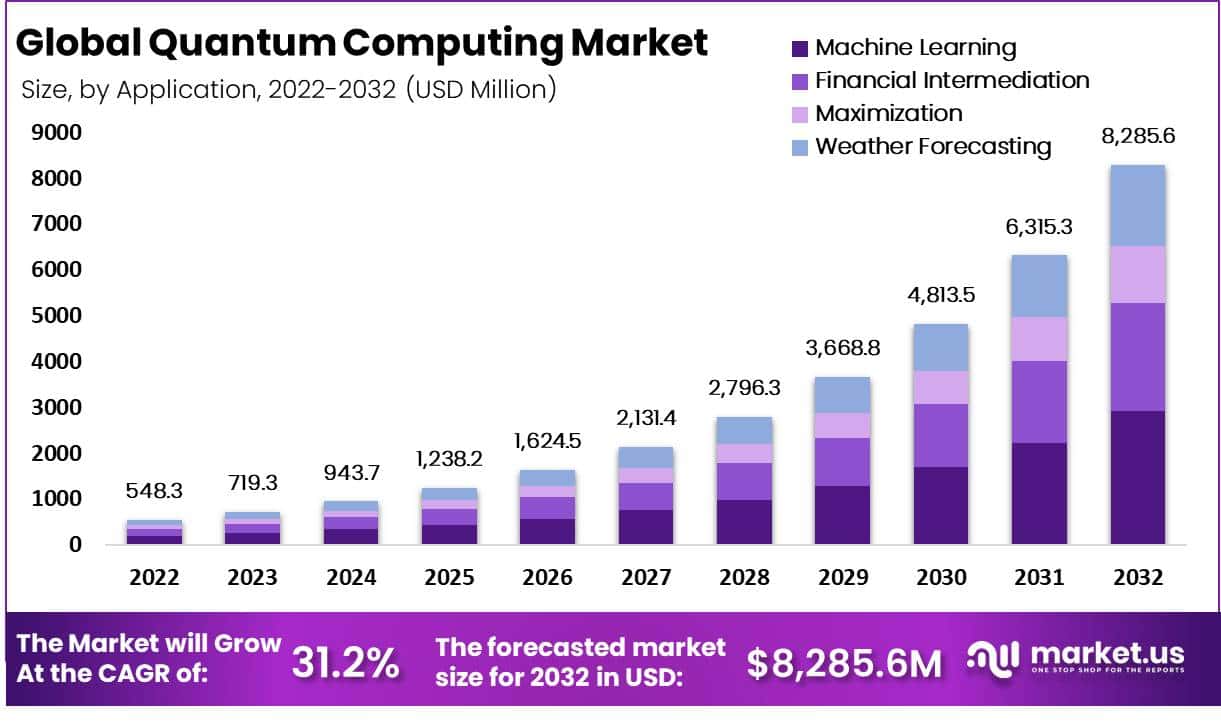
You May Also Like To Read
- Augmented Reality Statistics
- Metaverse Statistics
- Virtual Reality Statistics
- Quantum Computing Statistics
- Biometrics Statistics
- Ransomware Statistics
- Robocalls Statistics
- Data Breach Statistics
- Laptop Statistics
- Desktops Statistics
- Smartphone Statistics
- VoIP Statistics
General Quantum Computing Statistics
- The global count of quantum computers is expected to range from 2,000 to 5,000 units by the end of 2030.
- In each second the Sa 30 qubit quantum computer is cable in doing trillions of computations.
- As per the Market Splash 2023, the market share of quantum computing is predicted to be USD 928.8 million and by 2030 it is going to be USD 6,528.8 million with a CAGR of 32.1%.
- By the end of 2030, the market of quantum software and hardware is expecting huge growth with a CAGR of 30% and 35% respectively.
- The leading players in the Quantum computing industry in 2023 are IBM, Google, and Microsoft.
- Whereas, the largest shareholder of the quantum computing market is the United States with a 50% share in 2023.
- In the next two decades, quantum computing is going to be valued at almost USD 850 billion.
- More than USD 1.2 billion has been invested by the government of the United States in the research of quantum according to the reports of the National Quantum Initiative Act.
- The top 5 leading quantum computer types are followed by superconducting, photonic, neutral atoms, trapped ions, and quantum dots.
Benefits of Quantum computing
- Mostly used by financial institutions as quantum computing helps in designing effective and efficient portfolios for institutional and retail clients.
- This is also used in healthcare industries for genetically targeted medical care and to develop new drugs.
- Other used areas are for designing data encryption, allow in providing stronger online security, using light signals for detecting intruders within the system, and providing safer traffic planning and aircraft systems.
Quantum Computing Statistics by Segment Revenue
- The overall market share is segmented into three sections services revenue, software revenue, and hardware revenue.
- In 2024, hardware sales, including quantum computers and related components, are expected to account for nearly 70% of the market, totaling about USD 910 million.
- Services, particularly Quantum Computing as a Service (QCaaS), are projected to contribute approximately USD 260 million to the market.
- Quantum computing software is anticipated to generate around USD 130 million.
Quantum Computing Statistics by Country and Region
- In 2023, the projected market value of quantum computing in the United States is going to reach USD 2.1 billion with a CAGR of 22.2% from 2023 to 2033.
- In the Asia Pacific region, significant growth has been observed in China and the projected market value is expected to be USD 554.7 million by the end of 2023 with a CAGR of 24.7% by 2033.
- On the other hand, in 2023 the market share of Japan is supposed to be USD 468.6 million with a CAGR of 22.9% from 2023 to 2033.
- Furthermore, other countries projected market values are followed by the United Kingdom (USD 326 million), and South Korea (USD 261.4 million) with a CAGR of 22.6% and 24% from 2023 to 2033 respectively.
- By the end of 2025, the CAGR growth of quantum computing in India is expected to be 33.9%.
- In terms of patent filings for quantum computing applications in China are expected to be more than 492 patents.
By Quantum Computing in Healthcare
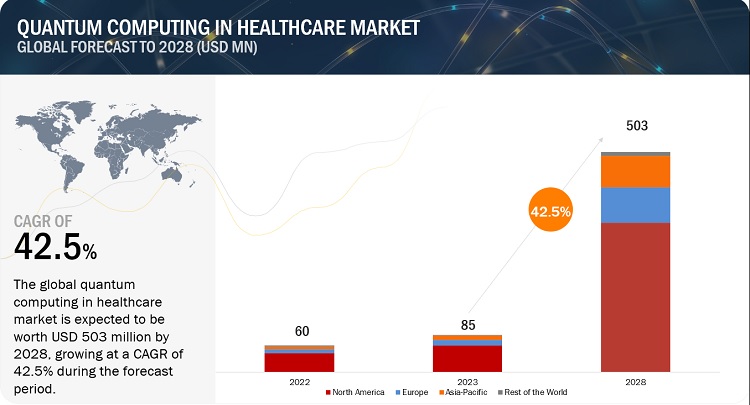
(Source: marketsandmarkets.com)
- The quantum computing in healthcare market was valued at USD 85 million in 2023.
- It is expected to grow to USD 503 million by 2028.
- The market is experiencing a compound annual growth rate (CAGR) of 42.5% from 2023 to 2028.
- The German government has invested USD 720.5 million to integrate quantum computing into various industries.
- France’s National Strategy for Quantum Technologies has committed approximately USD 1.8 billion to quantum computing advancements.
- Over 80% of healthcare data is unstructured, posing significant challenges for traditional computing systems.
- Health insurance premiums in Georgia, Alabama, and Arizona saw the most significant average reductions of 9.47%, 8.36%, and 7.92% respectively.
- West Virginia, Vermont, and Minnesota experienced premium rate increases of 13.32%, 12.46%, and 11.65%, respectively.
- IBM revealed a quantum system with 127 qubits in 2021 and plans to introduce a 1,121-qubit processor called Condor in 2023.
- IBM’s Heron processor, introduced in 2023, features 133 high-quality qubits.
- Google Quantum AI and Quantinuum have demonstrated that qubits can be grouped into error-correcting ensembles that outperform individual physical qubits.
- Investments from emerging economies like China and India in quantum computing are significant, with China investing around USD 10 billion in various quantum initiatives.
- India’s National Mission on Quantum Technologies & Applications has a five-year plan with a budget of USD 1 billion focusing on quantum computing in research.
You May Also Like To Read
- iPhone Vs. Android Statistics
- Google Pixel Smartphones Statistics
- iPhone vs Android Users Statistics
- Mesh Wi-Fi System Statistics
- Robots Statistics
- Western Digital Statistics
- Cloud Gaming Service Statistics
- Virtual Reality Headset Statistics
- AI in Robotics Statistics
- 3D Printers Statistics
- Smart City Statistics
- 3D Printing Statistics
Recent Developments
Funding and Valuation Increases:
- Quantinuum raised USD 300 million, reaching a valuation of USD 5.3 billion, led by JP Morgan Chase (PitchBook).
- The quantum computing industry saw about $0.8 billion in private capital inflow in the second quarter of 2024, marking a substantial increase from the previous year (The Quantum Insider).
Product Launches and Technological Milestones:
- IBM announced the development of a next-generation quantum computer with 10,000 qubits, significantly advancing beyond current models (The Quantum Insider).
- Microsoft introduced Azure Quantum Elements, aiming to speed up advancements in chemical and materials science through high-performance computing and AI integration (The Quantum Insider).
Strategic Collaborations and Acquisitions:
- Microsoft and Quantinuum collaboration led to the creation of highly reliable logical qubits, a crucial advancement towards practical quantum computing (The Quantum Insider).
- IBM and Moderna used quantum computing to predict mRNA structures, indicating potential applications in computational biology and pharmaceuticals (The Quantum Insider).
Expansion and Global Developments:
- Quantum computing expanded globally with significant installations and the firsts in Spain, Japan, and Italy, marking important milestones in regional quantum technology development (The Quantum Insider).
Quantum Computing Statistics by Best Stocks
2023
- In 2023 according to the report of The Motley Fool, the best quantum computing stocks are D-Wave Quantum (QBTS +12.44%) AND Rigetti Computing (RGTI -1.85%).
- Start-up quantum computing company creating security software IS Arqit Quantum (ARQQ 7.91%).
- On the other hand, integrated software and hardware company Quantum Computing (QUBT 9.25%)
2024
- D-Wave Quantum: The stock price increased by 12.44%.
- Rigetti Computing: The stock price decreased by 1.85%.
- Arqit Quantum: This start-up focusing on quantum computing security software saw a stock price increase of 7.91%.
- Quantum Computing Inc. (QUBT): This company, which integrates software and hardware, saw its stock price rise by 9.25%.
Statistics by the Company
- As of 2023, the market capitalization of IONQ is around USD 4 billion and this has traded stock publicly for the first time.
- Other company’s market capitalization are followed by Microsoft (USD 2.5 trillion), Alphabet (USD 1.7 trillion), Nvidia (USD 1.1 trillion), Intel (USD 162 billion), Honeywell (USD 124 billion), IBM (USD 135 billion), Formfactor (USD 2.5 billion).
- In 2024, IonQ reported revenue of USD 43.1 million, a 95% increase from the previous year. However, the company had a net loss of USD 220 million for the quarter.
- Quantum Machines: Secured USD 170 million in a Series C funding round, bringing their total funding to USD 280 million.
- Quantinuum: Achieved a quantum volume of 1,048,576 (2^20) with its System Model H2.
- Honeywell: Its quantum computing division, Quantinuum, was valued at USD 5 billion after a USD 300 million funding round led by JPMorgan Chase.
- Multiverse Computing: Closed a €25 million investment round in 2024, reaching a valuation of €100 million.
- PsiQuantum: In collaboration with the Australian government, a USD 250 million investment was announced to build the world’s first utility-scale, fault-tolerant quantum computer in Brisbane by the end of 2027.
Quantum Computing Usage Statistics
- Development Pace: More than 50% of industry professionals have reported that the development of quantum computing is progressing faster than they anticipated, with a significant number stating it is much faster (QuEra).
- Investment Areas: Significant investments are being directed towards enhancing quantum computing technologies, particularly in areas such as cryptography, security, and quantum networking (QuEra).
- Market Growth: The worldwide quantum computing market is expected to expand from USD 1.1 billion in 2022 to USD 7.6 billion by 2027, reflecting a compound annual growth rate (CAGR) of 48.1%.
- Return on Investment (ROI): Organizations utilizing quantum computing are seeing returns primarily from solving problems that were previously unsolvable and doing so faster than traditional computing methods.
- Usage and Value: There is a mix in the value derived from quantum computing, with some users reporting significant benefits while others are still determining the practical value of their quantum computing applications (QuEra).
Top Trends of Quantum Computing
- Quantum computers are power powerful course for doing vital tasks with proven super-polynomial speed-up. Thus building a large fault-tolerant quantum processor is an effective factor that allows in running of specific superconducting circuits required in the tech market.
- Cyber security is another trend as researchers have been working for many years to develop “quantum-safe” encryption.
- A quantum random number generator is required for cryptography by Quantum Dice and IDQuantique companies, which includes quantum optics for generating a true source of randomness.
- Quantum secure communications, especially quantum key distribution is a method of connection that uses properties of quantum physics for exchanging secured cryptographic keys.
- Furthermore, trends of quantum computing are followed by QC Applications, quantum machine learning, healthcare, weather forecasting, and quantum autonomous transportation.
You May Also Like To Read
- Network Attached Storage (NAS) Statistics
- Hacking Statistics
- Augmented Reality Glasses Statistics
- Virtual Reality Treadmill Statistics
- Uninterruptible Power Supply Devices (UPS) Statistics
- Social Engineering Statistics
- Podcast Statistics
Quantum Initiatives Worldwide 2024
The global quantum technology landscape is marked by significant investments and strategic initiatives across various countries, aimed at advancing research and development in quantum science. Below is a summary of the main programs and efforts around the world:
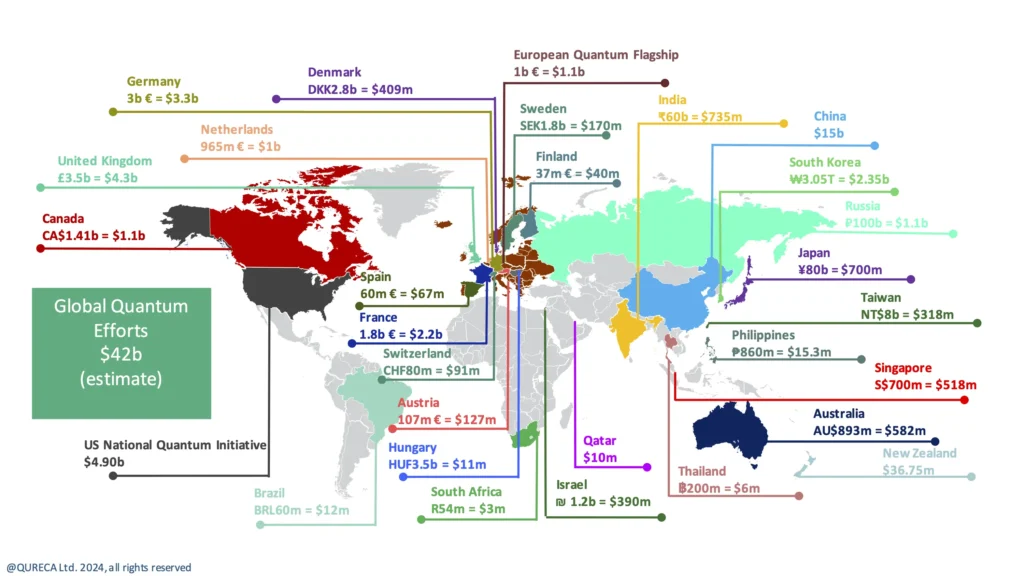
(Source: Qureca.com)
Australia
- Federal funding of AU USD 130 million for quantum technologies.
- Additional AU USD 101.2 million over the next five years from the government’s USD 1 billion critical technology fund.
- Notable Centers of Excellence: FLEET at Monash University, Exciton Science at the University of Melbourne, and EQUS for engineered quantum systems.
- Total public investment in quantum technologies estimated at AU USD 893 million (~USD 582 million).
Austria
- Investment of €107 million into quantum research and quantum computing by the Austrian federal government.
- Aimed at economic recovery and maintaining global competitiveness post-COVID-19.
Brazil
- Embrapii’s initiative to create a Competence Center in Quantum Technologies with an initial investment of BRL 60 million (~$12 million).
Canada
- Over USD 1 billion invested in quantum research over the past decade.
- National Quantum Strategy launched with a further USD 360 million investment.
- USD 40 million federal investment for Xanadu Quantum Technologies Inc. to build a photonic-based quantum computer.
China
- Estimated USD 15 billion invested in quantum technologies, with significant progress in quantum communication and computing.
- By 2030, China aims to develop a general quantum computer prototype and expand its quantum communications infrastructure.
Denmark
- Innovation Fund Denmark invested 80 million DKK (~USD 12 million) in the Quantum Innovation Centre – Qubiz.
- Novo Nordisk Foundation granted 1.5 billion DKK (~USD 200 million) to build Denmark’s first fully functional quantum computer.
- Total planned investment of 1 billion DKK over the next five years to strengthen quantum research.
Europe
- European Commission’s Quantum Flagship program allocated €1 billion over 10 years.
- EuroHPC initiative to host quantum computers across six European sites with a planned investment of over €100 million.
- EuroQCI initiative for secure quantum communication infrastructure across the EU.
Finland
- Government granted €20.7 million to VTT and IQM to build its first quantum computer, with an additional €3.3 million from Business Finland.
France
- France invests €60 million annually in quantum technologies.
- National strategy for quantum technologies launched with an estimated funding requirement of €1.4 billion over the next five years.
These initiatives reflect a global collaborative effort to advance quantum technology, aiming not only to drive innovation but also to build a quantum-aware workforce and create a secure infrastructure for future quantum applications.
Challenges
- The primary challenges in quantum computing that most organizations face are compatibility and accessibility.
- Around the world, 43% of organizations are worried about the complexity of integrating the system into IT infrastructure.
- 48% of survey respondents faced security-related issues in their organizations.
Conclusion
Quantum computing is a fast-growing technology that could change the future of computing. Unlike traditional computers, quantum computers use qubits to solve complex problems much faster. Scientists and companies are working hard to improve this technology and make it useful in fields like medicine, finance, and artificial intelligence. Although quantum computing is still in its early stages, it holds great promise for solving once impossible problems. As research continues, we can expect more breakthroughs that will shape the future of technology and innovation. The journey of quantum computing is just beginning, with exciting possibilities ahead.
Sources

Joseph D'Souza started Coolest Gadgets in 2005 to share his love for tech gadgets. It has since become a popular tech blog, famous for detailed gadget's reviews and companies statistics. Joseph is committed to providing clear, well-researched content, making tech easy to understand for everyone. Coolest Gadgets is a trusted source for tech news, loved by both tech fans and beginners.


